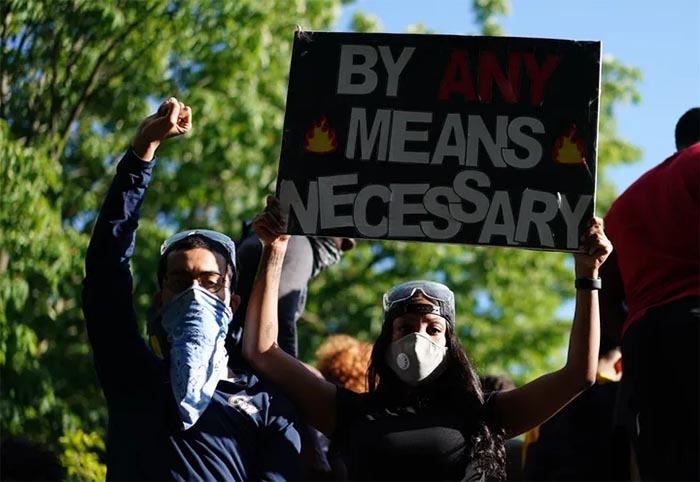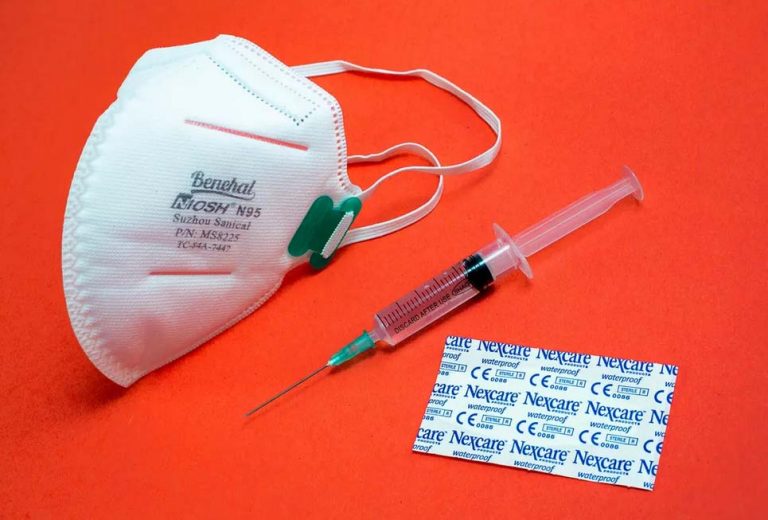
As people protest police violence and mourn George Floyd, Breonna Taylor and other Black lives, health experts expect to see a spike in COVID-19 cases in the coming weeks.
Of course, there’s much more work to be done to address and dismantle the systemic racism in the country, and protesting is part of that, pandemic or not. It is also a specific kind of health risk: The coronavirus already disproportionately affects the Black community. Police are using tear gas, which causes people to cough (at the very least). People may be in close contact with others who are not wearing masks. Protesters are also being put in jail, where COVID-19 is spreading rapidly.
“The COVID-19 disparities that have occurred over the last two and a half months along with the tragedies that we’ve seen in Black communities have been really devastating,” Dr. Utibe R. Essien, an assistant professor of medicine at the University of Pittsburgh School of Medicine, told HuffPost. “There’s a lot of anger, sadness and pain that our communities are experiencing right now, and I think the right to protest is one that we’ve been blessed with … but it’s made more challenging in this pandemic.”
Below are a few steps you can take to mitigate health consequences as much as possible when you’re protesting, as well as after you have already marched.
For the full story, visit HuffPost.com.





